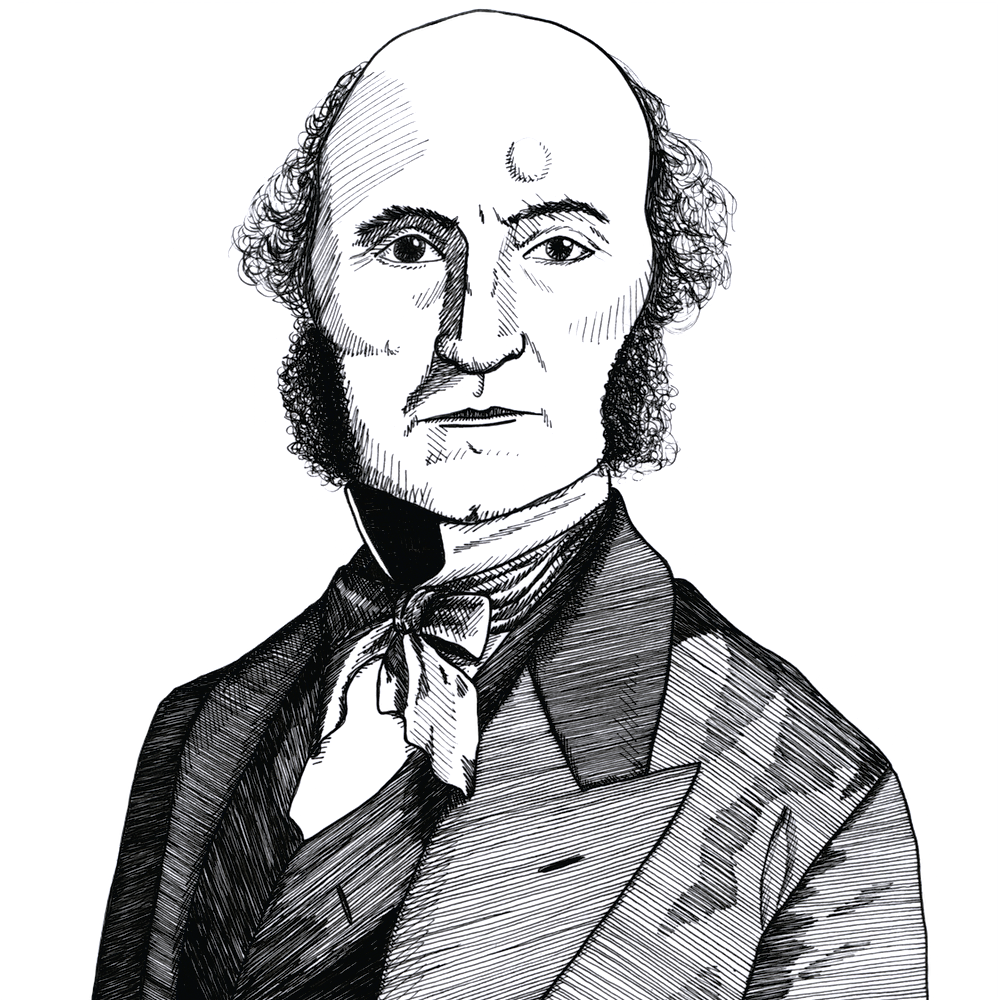
John Stuart Mill on the need for limited government and political rights to prevent the “king of the vultures” and his “minor harpies” in the government from preying on the people (1859)
Found in: The Collected Works of John Stuart Mill, Volume XVIII - Essays on Politics and Society Part I
2009 marked the 150th anniversary of the publication of John Stuart Mill’s On Liberty (1859), one of the key texts in 19th century classical liberal thought. In the second paragraph of this work, Mill states that societies need a system of legal and political rights and constitutional checks and balances in order to prevent the stronger, the "innumerable vultures" and their allied "minor harpies", from oppressing ordinary people in a perpetual struggle between "Liberty and Authority":
Politics & Liberty
To prevent the weaker members of the community from being preyed upon by innumerable vultures, it was needful that there should be an animal of prey stronger than the rest, commissioned to keep them down. But as the king of the vultures would be no less bent upon preying on the flock than any of the minor harpies, it was indispensable to be in a perpetual attitude of defence against his beak and claws. The aim, therefore, of patriots was to set limits to the power which the ruler should be suffered to exercise over the community; and this limitation was what they meant by liberty. It was attempted in two ways. First, by obtaining a recognition of certain immunities, called political liberties or rights, which it was to be regarded as a breach of duty in the ruler to infringe, and which, if he did infringe, specific resistance, or general rebellion, was held to be justifiable. A second, and generally a later expedient, was the establishment of constitutional checks, by which the consent of the community, or of a body of some sort, supposed to represent its interests, was made a necessary condition to some of the more important acts of the governing power.